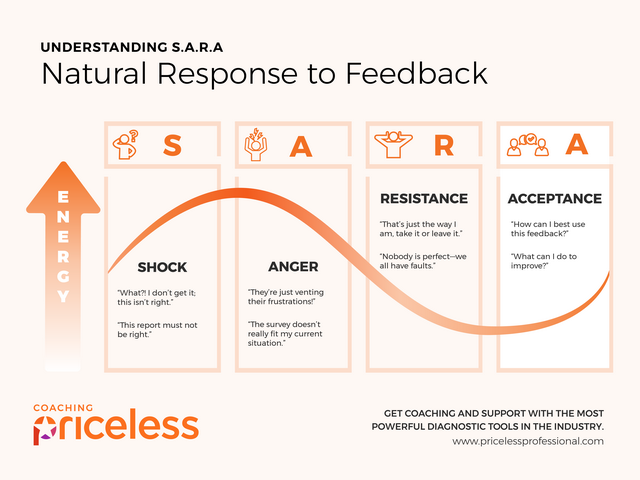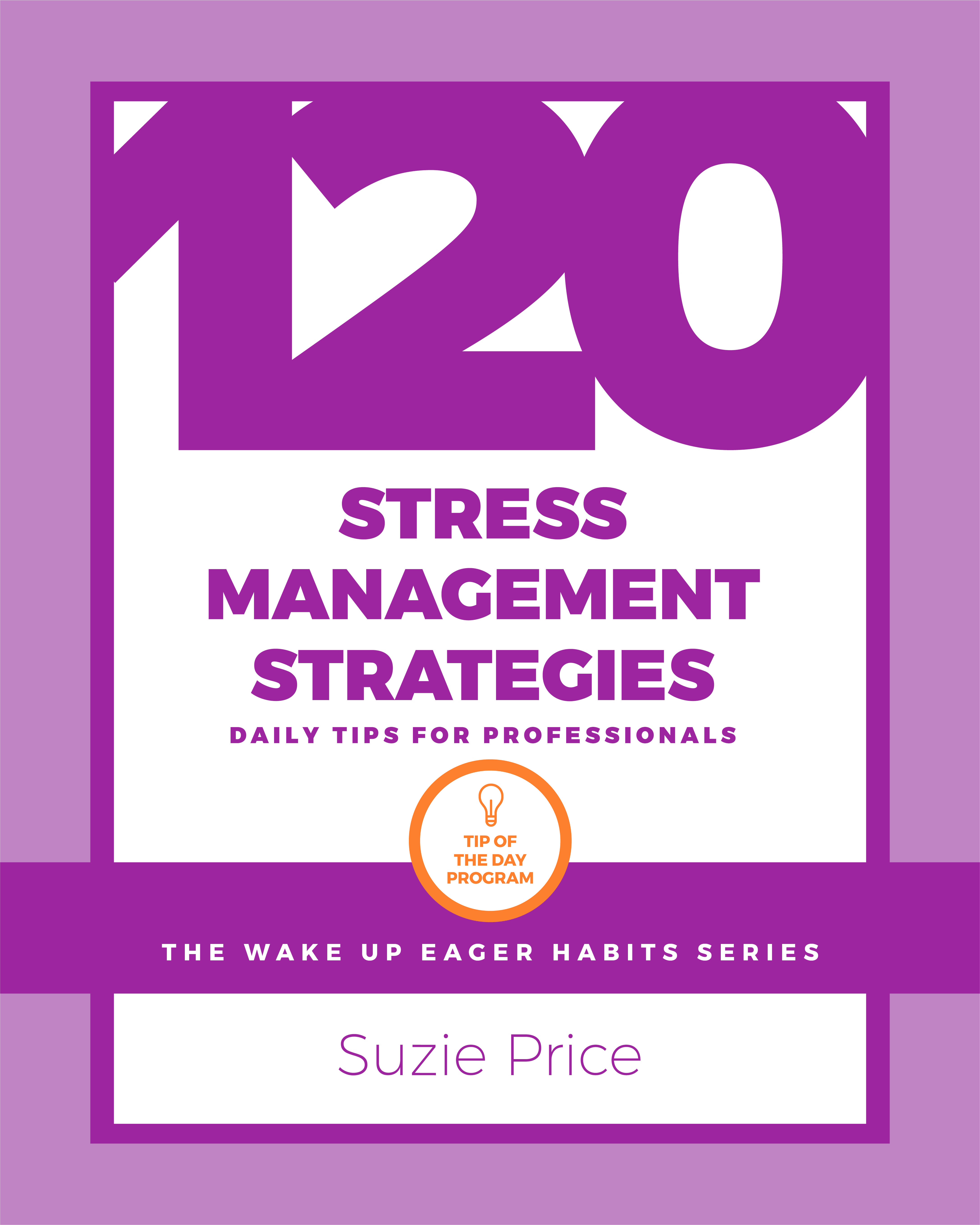The Know How You Need & the Tools to Get You There... Get Certified >

How To Overcome Fear
and Resistance to Feedback, Page 3
This is Page 3 of How to Overcome Fear and Resistance to Feedback where I am reviewing the four feedback acceptance steps that can be easily remembered with the acronym: H.E.L.P.
On this Page. I'll share more about the 3rd Step: L. Learning Balance.
- H. How Important Feedback Is…
- E. Examining Why
- L. Learning Balance
- P. Pick What You Use
Step 3 L. Learning Balance

When starting a new business, a new job, a new project, or learning a new skill, we may feel a little vulnerable because we're not that good at it yet, and it makes sense that feedback we receive can cause extra pressure, even if they're trying to be helpful.
It’s no wonder that as I began my business, I was ‘freaking out’ and resistant to all the feedback. Not only was I getting a lot more input than ever before, but I felt I needed to do something about every bit of feedback I received!
But so much feedback was confusing and ‘all over the place.’ Here’s a synopsis of feedback after one of my early workshops: “Talk faster… talk slower…program was just right…it went too slow… there was too much detail… not enough detail… this was fun… boring… so helpful…didn’t learn a thing…loved the nail exercise helped me…thought the nail exercise was dumb…I can’t believe how much my report revealed about me…I thought those reports were off…” What was I to make of all of this? Over time, I learned that I needed to balance my approach to feedback.
Here's how I now respond to feedback when I'm reading it or getting it in person:
- I wait to take action.
- I stay neutral in my response to the feedback-giver and the input content.
- I express appreciation to the feedback-giver,
whether I agree or disagree, with a statement something like this:
“I appreciate you sharing. Thank you for telling me this. It’s helpful.”
Later on, when I’m by myself or journaling, I celebrate, examine and feel the ‘emotional hit’ from the feedback. I no longer downplay the good feedback OR the feedback that feels like criticism. I take time to just ‘be’ with it – to think about it, feel it, and examine it in detail.
I no longer downplay the excellent feedback OR the feedback that feels like criticism. I take time to ‘be’ with it – to think about it, feel it, and examine it in detail.
Learning balance by initially staying neutral in your response to the feedback you receive AND then taking time to examine it, not ignore it OR use all of it, is crucial to knowing how to overcome fear and resistance to feedback.
Recommended Feedback Acceptance Action: I use these 'tools' to remain neutral in my response to feedback. Each is very simple and VERY effective and will help you in your efforts to overcome the fear of feedback!
- Any feedback you receive can be informative. My approach is to remain neutral in my response to it initially.
- Take Deep
Breathes. Try this count – I learned
it in meditation, and it works!
1) In through the nose (3 counts)
2) Out through the mouth (5 counts)
Try it right now, five times. Notice how that exact count helps calm and soothe you. - Take Notes. Taking notes helps you pay attention and
listen aggressively, which will help you focus on listening, not debating.
- Self-Talk Reminder: “This is this person’s perception. While I may or may not agree, I want to know what they are seeing, thinking, and feeling because, true or not true, it is what they are experiencing.”
Go to Page 4 for Feedback Acceptance Step Four- P. What You Use
I Share S.A.R.A. with 360 Feedback Participants

We all have our own natural responses when it comes to receiving feedback.
By analyzing our energy levels and internal narratives, we can tactically work on receiving feedback better.
Let’s use S.A.R.A. to walk through the different phases of receiving feedback.
😲 Shock: In this phase, you might respond with “What?! I don’t understand; this must not be right.”
😠 Anger: In this phase, you might be inclined to say “They’re just venting their frustrations!”
😑 Resistance: In this phase, you may want to say, “That’s just the way I am, take it or leave it.”
👍 Acceptance: In this phase, you’re finally ready to say, “How can I best use this feedback?”
Acceptance is where most of us would like to be, but we’re not always there.
Learning the phases you might experience when receiving feedback may help you move through them faster to get to where you want to be — growing!
Contact us with your coaching and training questions here.
LET'S TALK:
Contact us to schedule a Complimentary Consulting Call
or to ask questions about any of our Hiring,
Coaching, Training and Assessment services.
Go to How to Overcome Fear and Resistance to Feedback Page 4




